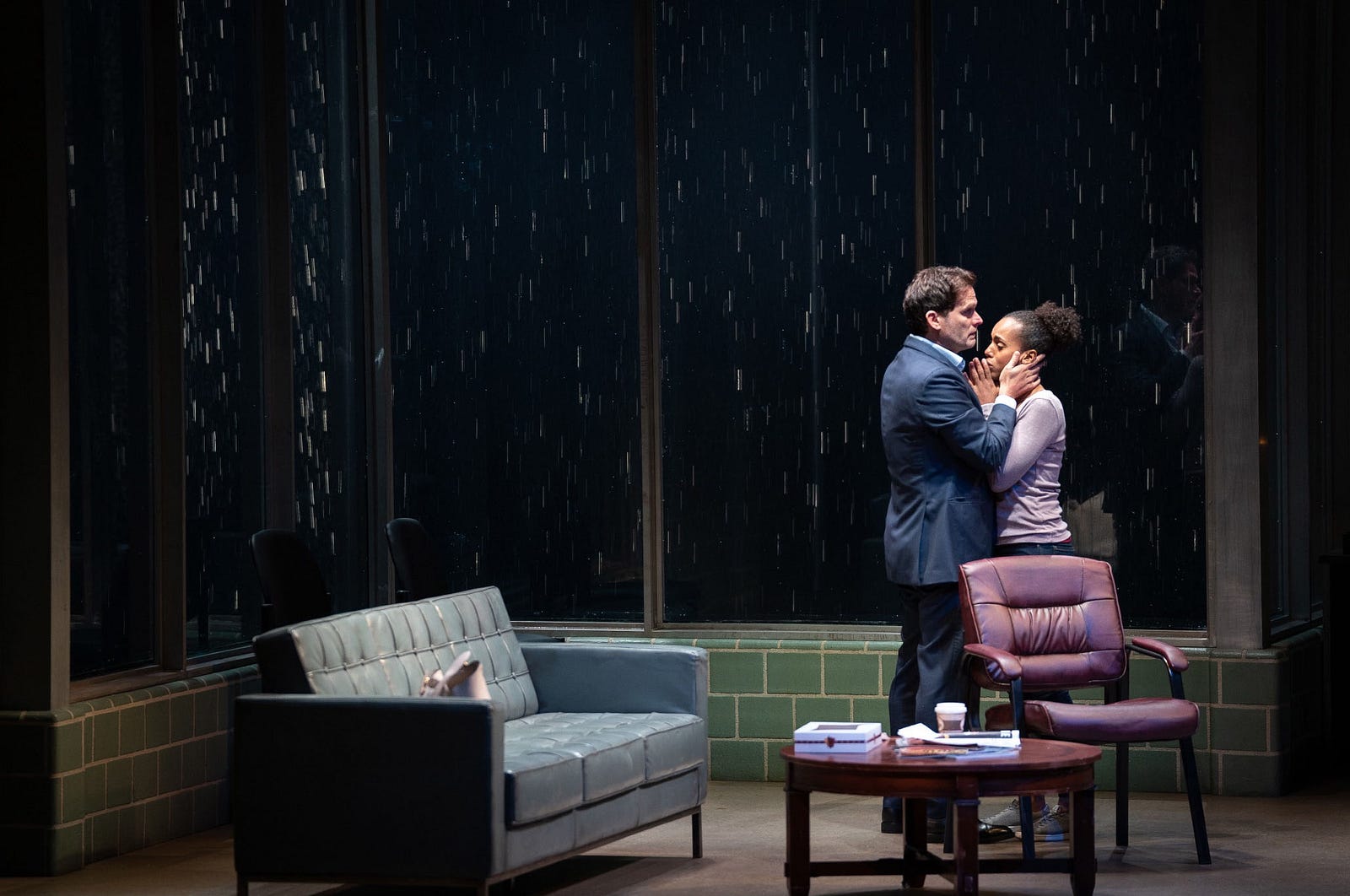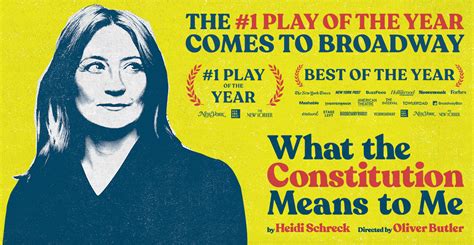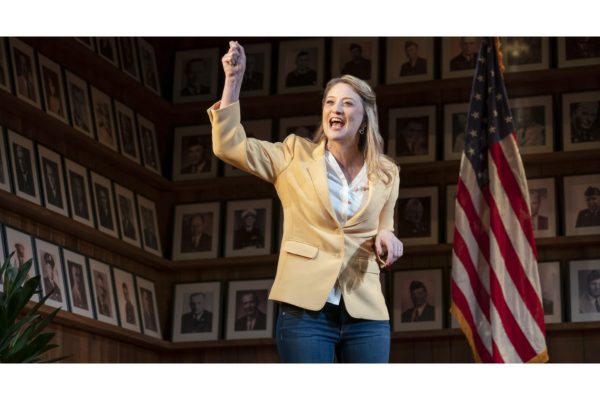Christopher Demos-Brown’s new play “American Son” which opened at the Booth Theatre on November 4th, will feel familiar to anyone who likes police television shows, follows the news, or has seen any of the other political plays that have popped up in the past year. It has a rather formulaic feel, something between an Ancient Greek tragedy and an episode of Law and Order.
“American Son” opens on a mother nervously waiting in a police station; her son has been stopped by the police and she has not heard from him. Kendra, played with emotional intensity by Kerry Washington, is fiercely aware of racial politics, racism, and the history of police brutality. She is terrified about her black son, but Officer Paul Larkin (Jeremy Jordan) and her husband Scott (Steven Pasquale), both white, feel that she is being paranoid and assuming the worst.
The play is not going for subtly: it is very deliberately a rumination on #BlackLivesMatter. On the one hand, we absolutely should have more art exploring this important theme. On the other hand, “American Son” often feels like a less good version than some other recent meditations, from “The Hate U Give” to “Law and Order: SVU” to “Blue Bloods” to “Monsters and Men.” The play has the vibe of a television show or movie, with all the action taking place in a waiting room looking out at a rainy night (set designed by Derek McLane). The short run time (90 minutes) and lack of intermission contributed to this, making it feel more like a piece for the screen than the stage.

The play was structured as several confrontations between Kendra and an opponent: her husband, a police officer, the lieutenant. Through it all, Kerry Washington was on edge, ready to fight for her son, to lecture about race in America, and to demand justice. Although she gives the best performance of the cast, she is still limited by the somewhat in-your-face writing. This is a Problem Play that wants you to know it is a Problem Play. It is a discussion of race that builds on popular tropes but uses the structural model of television instead of theater. However talented Kerry Washington is, the play itself still fails to present anything new.
That being said, it is quite gripping and builds dramatic tension very effectively. The ending is simultaneously shocking, upsetting, and expected, but it is tragically brief; it would be fascinating to see what another act of this play would look like. The best Problem Plays not only present a major issue but explore how characters deal with and the aftermath of their choices.
“American Son” only introduces its problem, it does not really explore it. More than anything, it feels a bit didactic. In fact, Kendra is often accused of lecturing the other characters (and therefore, the audience) about racism. It is certainly good for audiences to learn a bit about race, but ideally, theater will be more than a glorified political science class. However, if audiences do have to sit through a lecture on police brutality, Kerry Washington is an ideal choice of professor.






